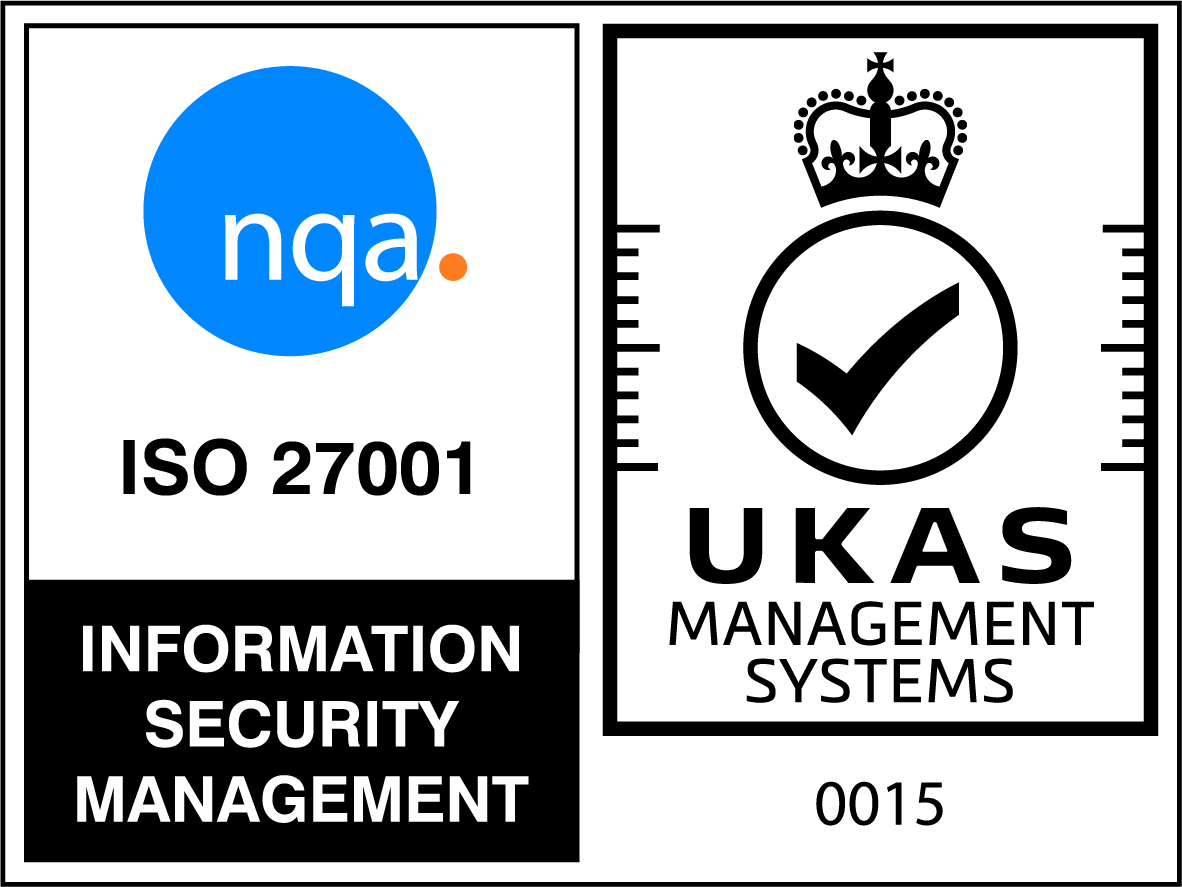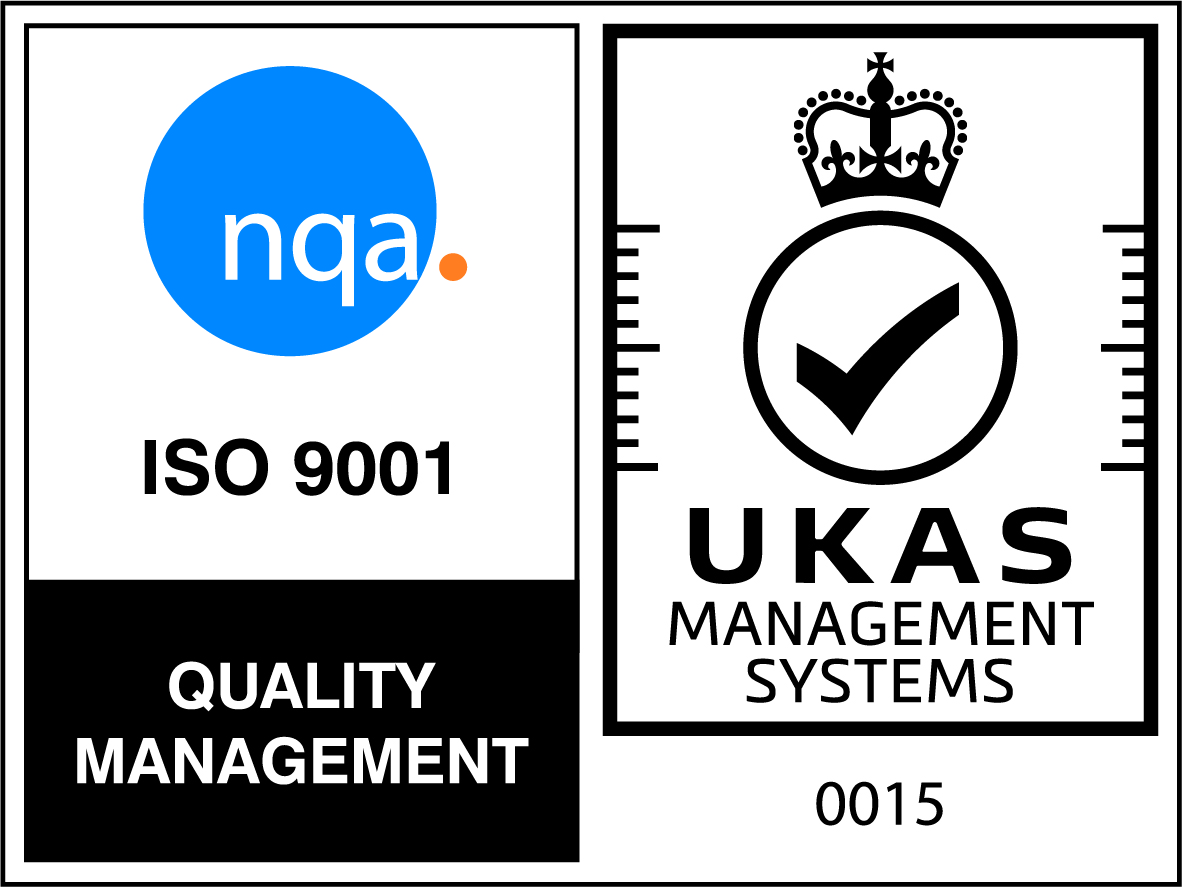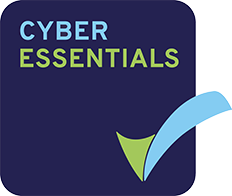Blog
At Concept, we don't just provide amazing IT Support and IT Services to businesses in the North East of England, we also like to share some of our knowledge and experience whilst providing guidance & insight. Here you will find the latest information, advice and news from Concept. If there are any topics you would like us to cover, please get in touch.

This year, International Fraud Awareness Week is November 14th to 20th. The week aims to minimise the impact of fraud by promoting awareness and education.
You may think you would be able to spot fraud if it were to happen to you, but you might be surprised at the length scammers go to.
Fraud in the UK is currently at its worst. In the first half of 2021, The Guardian reported a total of £754 million was stolen from bank customers and, as a result, posed a national security threat. The figure amounts to almost £2 million a day, which is a shocking amount for the economy and a huge loss for businesses around the country.
The rising figure in the first half of 2021 is a result of scammers capitalising on the pandemic. Examples of this include fraudulent emails claiming to offer government support to vulnerable people and scam text messages requesting payments to book the Covid-19 vaccine.
Everyone, not just business leaders, should be aware of the risks of fraud and how to spot it, especially since there are different types of scams.
The most common of these is impersonation, in which criminals pretend to be trusted organisations, tricking victims into handing over their money.
Another is investment scams, which rose by 32 per cent last year according to UK Finance, which represented around 300 firms across the banking and finance industry. This type of fraud is promoted through seemingly credible adverts on search engines offering higher than average returns.
While you may be thinking this won’t happen to me, it could be happening this very second.
Scammers are very clever and careful in covering their tracks; it is no quick process for them. They spend time researching businesses, processes and people.
Unfortunately, a few of our clients have been targeted by scammers and this resulted in a huge financial loss for one. In this case, the fraudster researched the company, pretended to be their regular supplier and spoke to someone in our client’s finance department.
After a professional follow-up email, which contained an imperceptible change to the spelling in the address, they were able to trick the business into sending money to their “new bank account”.
The crime was spotted months later when the real supplier contacted the company to ask for payment. It was only when comparing the email addresses they spotted the spelling alteration, which could be something as simple as swapping an “i” for an “l”.
It is very unfortunate that this happens and so frequent in recent times, however most fraud cases could be avoided by being more cautious and aware.
So, what should your business look out for?
As previously mentioned, these criminals are clever and use simple tactics to trick people.
In our client’s case, the scammers made it sound like it was their mistake by saying they had lost the invoice and asking to be resent. Then when it came to transferring the money, they claimed to have new bank details.
Legitimate businesses and suppliers you regularly work with will personally get in touch with you via letter and/or phone call to let you know they have new bank details.
Our MD Kevin Embleton has unfortunately seen scams like this happen to our clients time and time again.
“First, although this may not always be possible, try speaking to someone you already know and know the sound of,” he said. “If you need to ring them, call the number from their website, rather than a phone number from an email.
“Secondly, check the bank details against ones you have used previously and pay attention to the finer details such as email addresses, phone numbers etc.
“Lastly, the most simple and effective tactic is to listen to your gut. If something doesn’t feel right, then it probably isn’t. Don’t be afraid to ask questions and speak to the people around you.”
For more help with IT services and staying safe online, contact the team on 0808 178 22 48 or email help@concept-its.co.uk.














